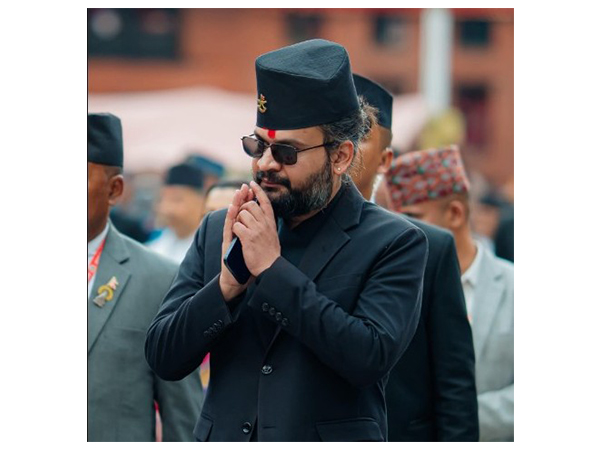Political Turmoil in Nepal: Oli's Resignation Captures China's Attention
The resignation of Nepalese Prime Minister K P Sharma Oli, a pro-China leader, followed massive anti-government protests in Nepal. His downfall draws parallels to the exit of other leaders after visits to China, highlighting tensions between Nepal's foreign policy alignment and domestic responses.

- Country:
- China
Nepal is witnessing a political upheaval as Prime Minister K P Sharma Oli resigns amidst wide-scale protests. Known for his pro-China stance, Oli's resignation follows anti-government demonstrations that turned violent, echoing past political unrest seen in other South Asian nations linked with China.
Oli stepped down after fierce protests, fueled by disapproval over his foreign policy pivot towards China. This shift manifested during his recent attendance at China's Victory Day parade, aggravating international relations with Japan, a critical aid contributor to Nepal.
The resignation mirrors historical political collapses, such as the Rajapaksa regime in Sri Lanka, underscoring the intricate balance Asian leaders must maintain amid fraught foreign alliances and domestic unrest.
(With inputs from agencies.)
- READ MORE ON:
- Nepal
- Oli
- China
- resignation
- protests
- foreign policy
- South Asia
- SCO summit
- Rajapaksa
- anti-government
ALSO READ
Turmoil in Nepal: Israeli Citizens Warned Amid Violent Protests
Political Turmoil and Aid Announcements Unfold Across South Asia
Flights to Kathmandu Grounded Amid Fierce Protests
Nepal Army Takes Control Amid Protests: A Nation in Turmoil
Nepal in Turmoil: Massive Protests Force PM to Resign Amid Political Crisis










